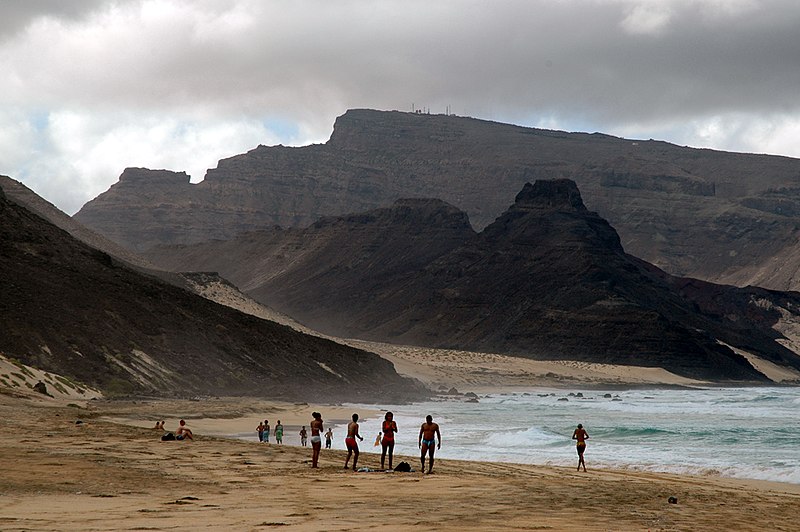Difference between revisions of "Adopting from Cabo Verde"
m (→SOURCE) |
|||
| Line 27: | Line 27: | ||
==SOURCE== | ==SOURCE== | ||
| − | '''Intercountry [[Adoption]], Bureau of Consular Affairs. U.S. Department of State Country Information''' | + | '''Intercountry [[Adoption]], Bureau of Consular Affairs. U.S. Department of State Country Information''' adoption.state.gov/country_information/country_specific_info.php?country-select=cape_verde |
[[Category: International Adoption]] | [[Category: International Adoption]] | ||
Latest revision as of 03:59, 18 February 2018
Notice: As of July 14, 2014, all individuals and agencies facilitating international adoptions must be in compliance with the Intercountry Universal Accreditation Act.
About Cabo Verde
The uninhabited islands were discovered and colonized by the Portuguese in the 15th century; Cabo Verde subsequently became a trading center for African slaves and later an important coaling and resupply stop for whaling and transatlantic shipping. Following independence in 1975, and a tentative interest in unification with Guinea-Bissau, a one-party system was established and maintained until multi-party elections were held in 1990. To learn more, read About Cabo Verde.
Hague Convention Information
The Hague Adoption Convention entered into force in Cabo Verde on January 1, 2010. Any adoptions finalized in Cabo Verde since that date by U.S. citizens seeking to obtain U.S. immigrant visas for the adopted children are subject to the U.S. Hague Adoption Convention process. However, Cabo Verde has not yet implemented procedures for the processing of Hague Adoption cases and as such is not processing Convention intercountry adoption cases at this time. To learn more, read about Cabo Verde and the Hague Convention.
Contact Information
U.S. Department of State: Cabo Verde website
SOURCE
Intercountry Adoption, Bureau of Consular Affairs. U.S. Department of State Country Information adoption.state.gov/country_information/country_specific_info.php?country-select=cape_verde



